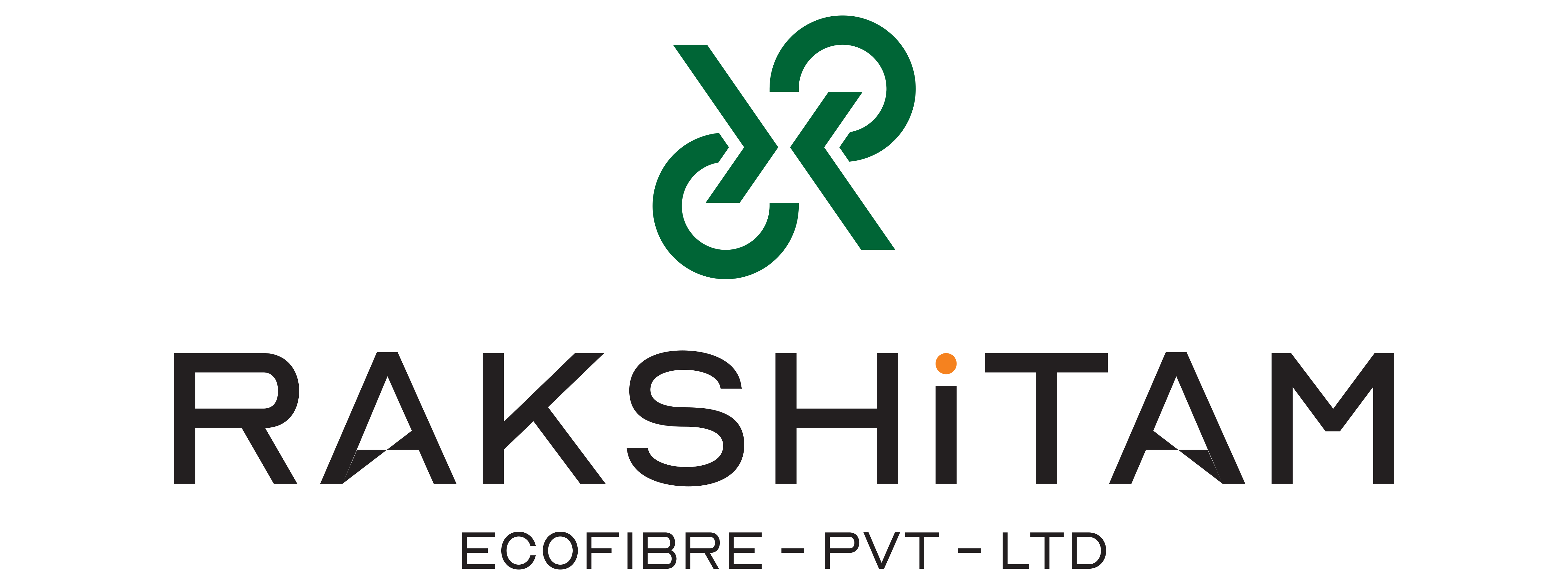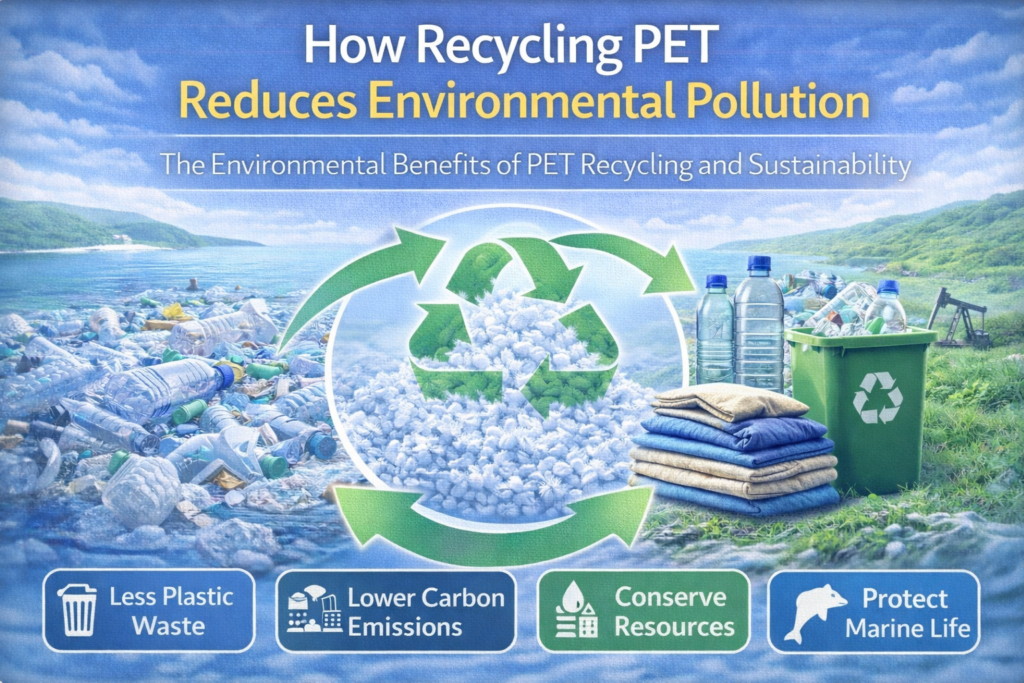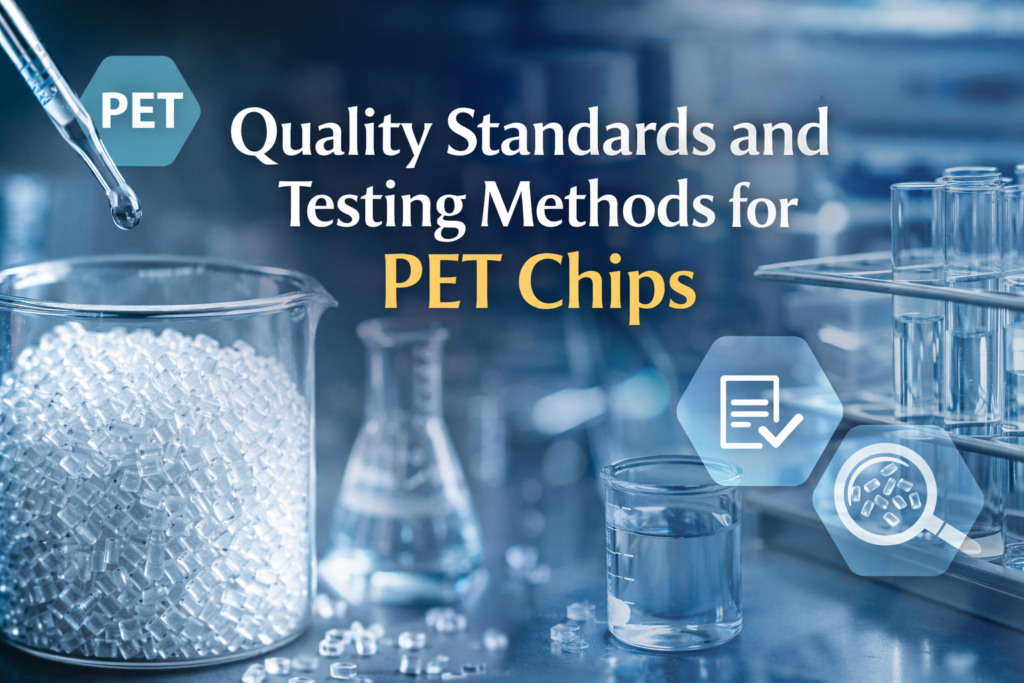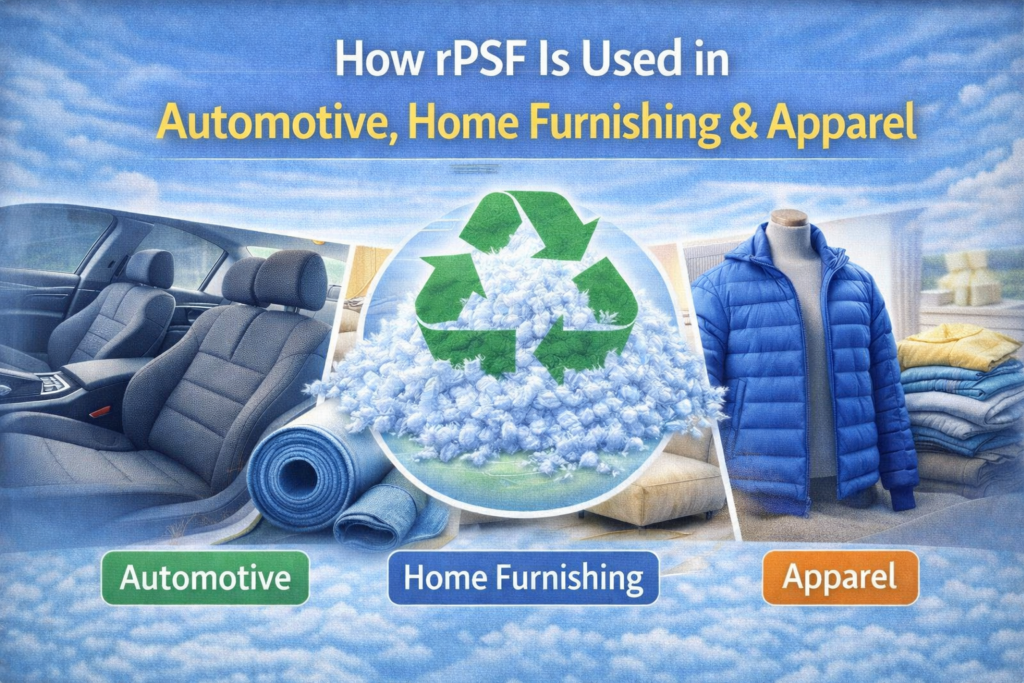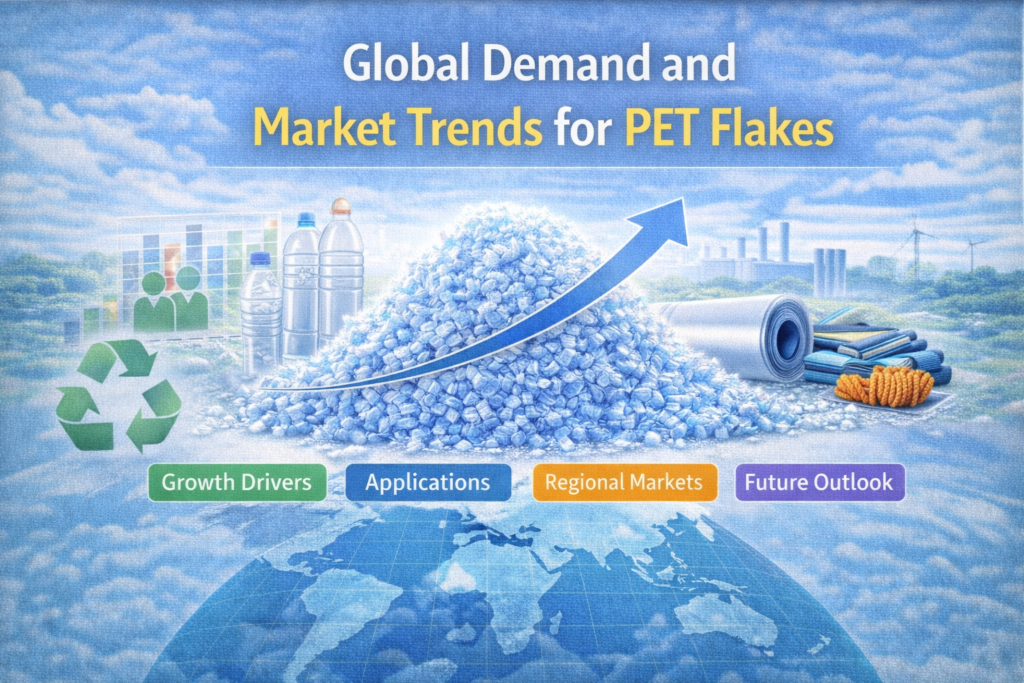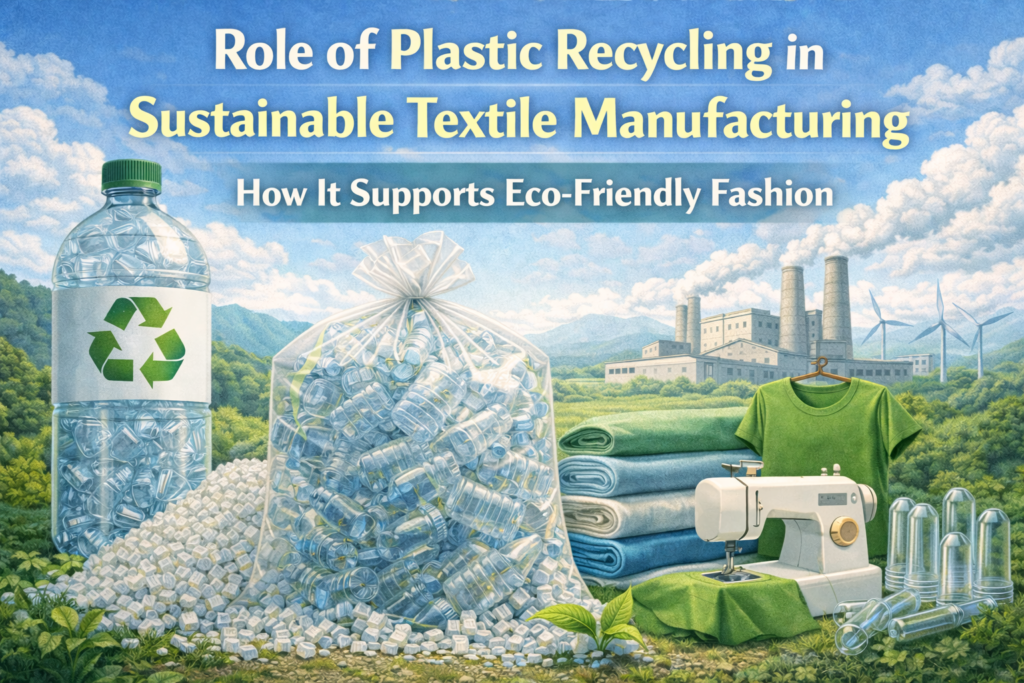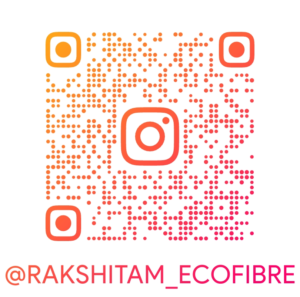India is adopting environmental conservation and simultaneously strengthening its position as a global leader on the sustainable front. Leader of rPET products, Rakshitam Ecofibre, is Recycled Polyester Staple Fiber (RPSF) producer, which is leading this revolution.
Rakshitam Ecofibre’s production of high-performance fibers through the recycling of post-consumed plastics is a tremendous step towards adopting a circular economy in India.
What is Recycled Polyester Staple Fiber (RPSF)?
Recycled Polyester Staple Fiber (RPSF) is classified as a synthetic fiber produced from the recycling of PET (polyethylene terephthalate) bottles and containers. The plastics used in beverage are washed, chipped, converted into PET flakes, and processed into synthetic fibers. The fibers are an adaptive green material that can be utilized in:
- Home textiles (pillows, mattresses)
- Interiors of vehicles
- Non-woven fabric
- Geo-textile fabric
- Yarn and the spinning industry
RPSF is a better choice when compared to virgin polyester, because although it offers the same quality, it is less harmful to the environment.
Gujarat: The Center of rPET Innovation
How Rakshitam Ecofibre Leads the Way
The company is well-respected for its RPSF and well-known for advanced recycling systems, which yield quality PET flakes and RPSF of tailored grade. Rakshitam’s product range includes:
- RPSF black and white
- Colored PET flakes: blue, mix, and transparent
- Non-woven filling fiber, spinning, and filling fiber
Sustainability and zero-waste production are Rakshitam’s specialties. Their environmentally conscious strategy minimizes waste and energy, as well as greenhouse gas emissions.
Benefits of rPET and RPSF Provided by Rakshitam
Plastics Out of Landfills and Oceans: Environmentally friendly as rPET and RPSF keep plastics out of landfills and oceans.
- Lower Energy Compared to Virgin Fiber: rPET and RPSF require significantly lower energy to manufacture them.
- More Valuable For Manufacturers: rPET and RPSF are economically friendly as the value provided is greater to manufacturers.
- Comparable Quality and Durability: rPET and RPSF provide high-performance quality.
- Custom Tailored For Specific Standards: Industry-specific standards, specific fiber is provided as a tailored solution.
The unique approach by Rakshitam Ecofibre helps balance the commercial efficiency, environmental impact, and therefore advocates.
Constructing an Eco-Friendly India
Concern for the environment, coupled with the Indian government’s focus on sustainable manufacturing policies, has surely put Ecofibre Rakshitam at the apex of this revolution. By following the circular economy practice of converting waste into resources, they are not only enhancing the industry but also contributing towards India’s long-term green goals.
Their efforts, falling in line with Make in India and Swachh Bharat campaigns, show that industrial development does not have to come at the cost of environmental sustainability.
Also Read: How Rakshitam Ecofiber Pvt. Ltd. Leads India’s rPET Recycling & RPSF Manufacturing with PET Flakes
Concluding Remarks
Businessmen and women, if you seek eco-friendly fabrics, you can rely on Rakshitam Ecofibre Pvt. Ltd. The company leads India’s sustainable manufacturing initiative with its Recycled Polyester Staple Fiber and rPET products.
Showcasing the state-of-the-art innovation, unmatched quality, and true sustainability from Gujarat to the rest of the world, Rakshitam is proving that sustainable development has no borders.
